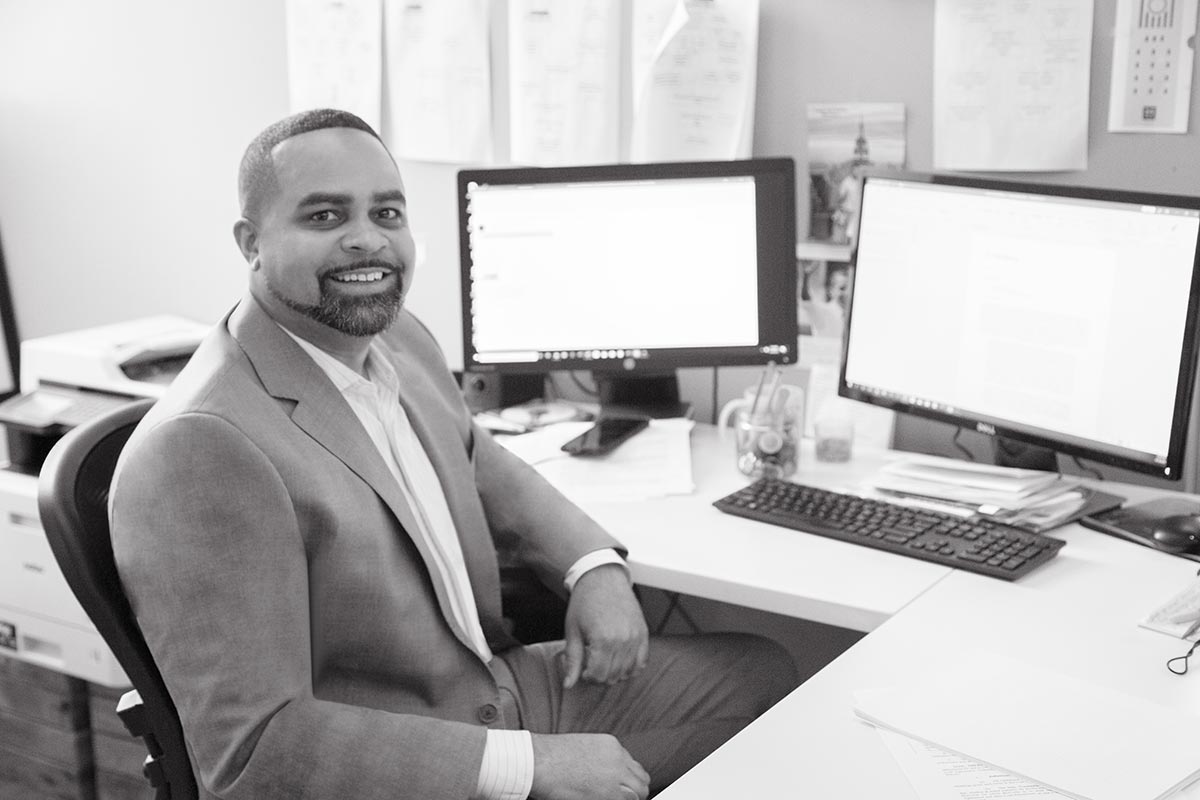For most of my career, I worked in traditional legal settings—big law firms, financial institutions, and structured finance teams. I focused on executing deals, drafting documents, and delivering legal advice. But in 2016, I stepped into a very different role. I became the first hire at a real estate private equity startup called SomeraRoad Inc., serving as general counsel and one of the firm’s key leaders. At that time, there were no employees, no assets, and no roadmap—just a vision to build something from the ground up.
Fast forward five years, and that vision became reality. SomeraRoad grew from a two-person idea to a national platform with more than 40 employees, four offices, over 70 real estate acquisitions, and more than $2 billion in total transaction volume. We acquired over 20 million square feet of property in 50 markets, deployed over $760 million in equity, and built a reputation for strategic, high-impact real estate investments.
Helping build that platform from scratch was the most challenging and rewarding experience of my career. It taught me more about leadership, strategy, and business than any law school class or corporate deal ever could. Here are the biggest lessons I learned from the C-suite.
1. Legal Advice is Only Valuable When It Supports Business Goals
In private practice, lawyers often focus on being technically correct—pointing out risks, drafting precise language, and protecting their clients from every possible pitfall. While that’s important, I quickly learned that in the C-suite, legal advice must always be tied to a business objective.
At SomeraRoad, I wasn’t just the lawyer in the room—I was part of the leadership team. That meant I had to weigh in on hiring decisions, fundraising strategy, market entry, and investor relations. My legal recommendations had to align with the company’s goals: closing deals efficiently, managing risk, and scaling the business. Simply saying “no” to a risk wasn’t enough. I had to find a path forward.
This shift taught me to approach every legal issue with a business lens. How does this decision affect cash flow? What’s the reputational risk? Will this clause help or hinder us when negotiating with a lender? Legal advice in the C-suite must be practical, timely, and business-savvy.
2. You Can’t Build Alone—Hire Smart and Empower Others
As employee number one, I wore many hats in the early days. I handled legal, HR, compliance, and operations—anything that didn’t involve buying property or raising capital. But as we grew, I had to learn to delegate, trust, and empower others.
Hiring the right people was crucial. We looked for talent that was not only skilled but also adaptable, entrepreneurial, and aligned with our culture. We built a team that could handle uncertainty, move fast, and punch above its weight. Once we had the right people, we gave them ownership. Micromanagement had no place in our growth story.
As general counsel, I also had to step into a mentorship role—training junior team members, setting standards, and creating processes that allowed the company to operate efficiently at scale. Building a business is not just about doing—it’s about enabling others to do their best work.
3. Every Dollar—and Every Relationship—Matters
In the C-suite, you’re responsible not just for executing tasks, but for managing outcomes. That means watching every dollar, understanding your cost structure, and finding ways to drive value across the business. Whether it was negotiating a lease, reviewing a loan agreement, or hiring a vendor, I had to think about how each decision impacted our bottom line.
But beyond dollars, relationships matter just as much. At SomeraRoad, we built strong relationships with lenders, investors, local governments, and community partners. These relationships opened doors, facilitated deals, and helped us solve problems when challenges arose.
As a lawyer, I came to see my role as not just managing legal risk but also helping nurture these relationships. That meant being responsive, reliable, and solution-oriented—not just with external partners, but within our team.
4. Flexibility is Key—Plans Will Change
When we launched SomeraRoad, we had a clear strategy. But as deals came together and market conditions shifted, we had to adapt. We expanded into new markets, developed new investment vehicles, and responded to changing capital markets.
In the C-suite, rigidity is a liability. Plans are important, but so is flexibility. I learned to embrace change and help the company pivot without losing momentum. This required balancing long-term vision with short-term execution.
From a legal perspective, this meant crafting documents that allowed for flexibility, structuring deals that could adjust to new partners or timelines, and thinking ahead to how today’s decisions might affect tomorrow’s options.
5. Leadership Is About Presence and Perspective
Finally, leading in the C-suite isn’t just about making decisions—it’s about showing up with presence and offering perspective. As the company grew, people looked to leadership not just for direction, but for stability, reassurance, and clarity.
I learned that leadership means listening, communicating effectively, and staying calm under pressure. It means acknowledging challenges while keeping the team focused on solutions. And it means modeling the behavior you want to see—whether that’s integrity in negotiations, discipline in execution, or humility in success.
Final Thoughts
Helping build a $2 billion real estate platform was the professional experience of a lifetime. It challenged me to grow beyond the role of lawyer and step into the role of leader, strategist, and partner. It deepened my appreciation for what it takes to build something enduring—and for the people who make that possible.
As I continue my career, I carry these lessons with me. Whether advising clients, structuring deals, or helping others scale their businesses, I understand that real value comes from aligning legal skill with business insight—and from working together to build something bigger than any one individual.
That’s what the C-suite taught me. And it’s a perspective I’ll take with me wherever I go.
